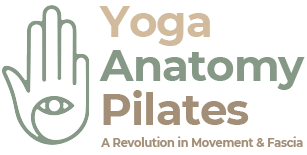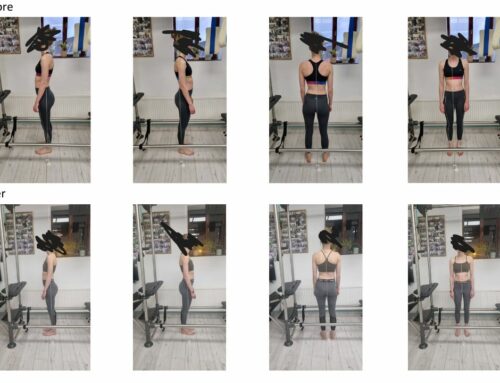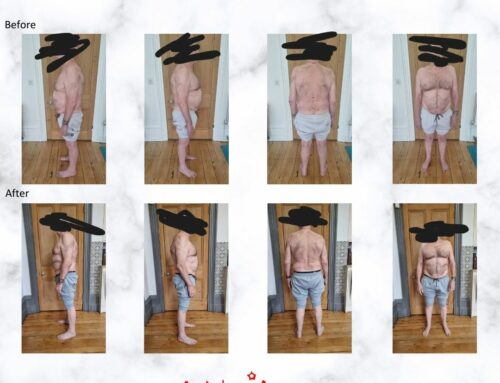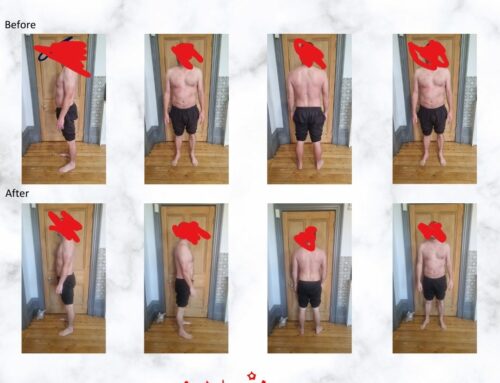Chronic pain can limit your everyday activities and make it hard to work. It can also affect how involved you are with friends and family members. Co-workers, family, and friends may have to do more than their usual share when you cannot do the things you normally do. Unwanted feelings, such as frustration, resentment, and stress, are often a result. These feelings and emotions can worsen your pain.
Every minute we spend 14million dollars on healthcare. Although we have so called advanced on in so many ways our health has deterioted. We are getting sicker, more tired, more disease and a rapid increase in depression and anxiety. I get constant enquiries from clients and fellow therapists who are burnt out. Should sick tired and broken people be in charge of other sick tired broken people. When we are not right, we don’t make the right decisions in our jobs, financial and private life.
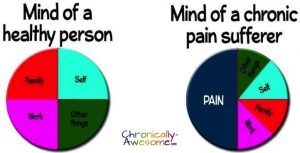
When we encounter any sort of pain whether it be physical, mental or emotional, it’s our body’s way of telling us to stop or to slow down. How many of us actually listen to the messages from within or carry on till we reach ultimate pain and exhaustion. It is now medically recognised that most disease is gut related. Gut and inflammation is at all time high.
“The gut microbiome plays an important role in human health and influences the development of chronic diseases ranging from metabolic disease to gastrointestinal disorders and colorectal cancer. Of increasing prevalence in Western societies, these conditions carry a high burden of care. Dietary patterns and environmental factors have a profound effect on shaping gut microbiota in real time. “1
Anything that ends in ‘IS’ is inflammation and we just don’t get the condition we put it there an then help it to stay. Common enquiries that I get our strokes, cancer, arthritis, bursitis, plantar fasciitis, colonitis, elephantitis, fibromyalgia, MS, ME, and Parkinson etc etc
“Inflammation has long been a well-known symptom of many infectious diseases, but molecular and epidemiological research increasingly suggests that it is also intimately linked with a broad range of non-infectious diseases, perhaps even all of them. Although these insights might not lead to a unified theory of disease, the crucial role of inflammatory processes makes possible the development of a new generation of drugs to treat conditions including cancers, autoimmune disorders and infectious diseases”.2
 My experience after running studios for over 30 years is that movement alone does not fix chronic pain, it has to include the others factors and this is where the lifestyle/ habitual patterns, psychology and coaching come in.
My experience after running studios for over 30 years is that movement alone does not fix chronic pain, it has to include the others factors and this is where the lifestyle/ habitual patterns, psychology and coaching come in.“If chronic inflammation does underlie so many diseases, it would make sense to recognize it as a condition that should be treated in its own right as a preventative therapy. One problem with promoting this approach, however, is that chronic inflammation does not always cause disease; it requires additional genetic and environmental factors”. 3
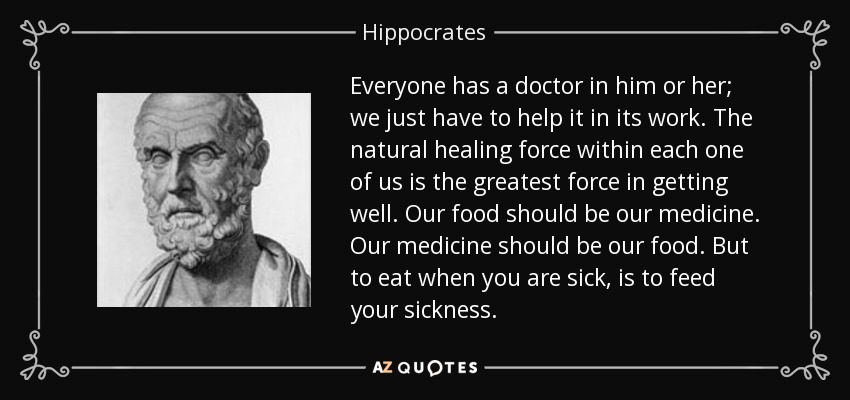
Now bad backs are big business. Americans spend nearly $86 billion a year on their aching backs, which is just about on par with the outlay for cancer treatment. Yet for all those dollars — doled out at doctors’ offices and hospitals, and for medications, manipulations, and pain-relief products to use at home — there has been no improvement in how patients fare overall, say researchers in a University of Washington study that compared reports from 1997 through 2005. In fact, today a larger proportion remain impaired by their back troubles. “The truth is, we may have oversold what we have to offer,” says Richard A. Deyo, M.D., professor of evidence-based family medicine at Oregon Health & Science University. “We’re using tests and treatments more widely than the science really supports.”
So what are the cause of pain?
Most of us that suffer from obesity, disease and addiction suffer from legitimate ignorance and the ignorance of non participation. We simply do not realise the ramifications of eating and drinking the things that we do. We are told so much from the media and science and we don’t know what to do or who to follow.
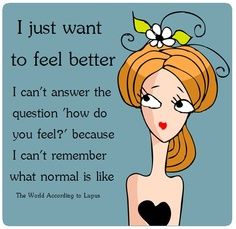
Mental pain – This comes from using the same repeated ideas that have not worked previously. “Fear of the unknown is a common cause of closed mindedness”. Common thoughts are listed below, according to Deepak Chopra we have 65k thoughts a day and 80% are negative.
- Religion vs spirituality
- Traditional v holistic or alternative health approaches
- Fear of being alone or not fitting in
- Fear of responsibility
- Fear of not getting what you want
Many of us use our injury/illness as a dependency on others, so this becomes lifetime ailment for us. How do we know if what what we are doing is working? Look at your energy levels, mental clarity, body temperature, mood, internal pains or discomfort such as abdominal pain or constipation. Also look at external pain such as muscular skeletal.
Mind-body Relationship
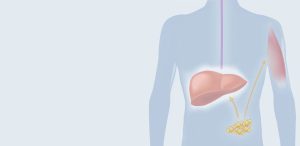 The mind and body work together, they cannot be separated. The way your mind controls thoughts and attitudes affects the way your body controls pain. Pain itself, and the fear of pain, can cause you to avoid both physical and social activities. Over times this leads to less physical strength and weaker social relationships. It can also cause further lack of functioning and pain.
The mind and body work together, they cannot be separated. The way your mind controls thoughts and attitudes affects the way your body controls pain. Pain itself, and the fear of pain, can cause you to avoid both physical and social activities. Over times this leads to less physical strength and weaker social relationships. It can also cause further lack of functioning and pain.
Stress
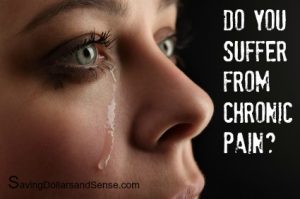 Stress has both physical and emotional effects on our bodies. It can raise our blood pressure, increase our breathing rate and heart rate, and cause muscle tension. These things are hard on the body. They can lead to fatigue, sleeping problems, and changes in appetite.If you feel tired but have a hard time falling asleep, you may have stress-related fatigue. Or you may notice that you can fall asleep, but you have a hard time staying asleep. Stress can also lead to anxiety, depression, a dependence on others, or an unhealthy dependence on medicines.
Stress has both physical and emotional effects on our bodies. It can raise our blood pressure, increase our breathing rate and heart rate, and cause muscle tension. These things are hard on the body. They can lead to fatigue, sleeping problems, and changes in appetite.If you feel tired but have a hard time falling asleep, you may have stress-related fatigue. Or you may notice that you can fall asleep, but you have a hard time staying asleep. Stress can also lead to anxiety, depression, a dependence on others, or an unhealthy dependence on medicines.
Depression
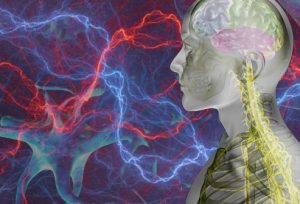 Depression is very common among people who have chronic pain. Pain can cause depression or make existing depression worse. Depression can also make existing pains worse.If you or your family members have or have had depression, there is a greater risk that you could develop depression from your chronic pain. Seek help at the first sign of depression. Even mild depression can affect how well you can manage your pain and stay active.
Depression is very common among people who have chronic pain. Pain can cause depression or make existing depression worse. Depression can also make existing pains worse.If you or your family members have or have had depression, there is a greater risk that you could develop depression from your chronic pain. Seek help at the first sign of depression. Even mild depression can affect how well you can manage your pain and stay active.
Signs of depression include:
Frequent feelings of sadness, anger, worthlessness, or hopelessness
Less energy
Less interest in activities, or less pleasure from your activities
Difficulty falling asleep or staying asleep
Decreased or increased appetite that causes major weight loss or weight gain
Difficulty concentrating
Thoughts about death, suicide, or hurting yourself
Conclusion
“Consistency is the key to long term success not intensity. If you still don’t have enough time to prioritise yourself, make it, as you will have plenty of time once you get sick”.
Bibliography
“Eat, Mood and be healthy” – Paul Chek
Paul Chek webinars
1.https://www.mdpi.com/2072-6643/11/7/1613/pdf-vor
2,3.4 -The inflammation theory of disease. The growing realization that chronic inflammation is crucial in many diseases opens new avenues for treatment. Philip Hunter NCBI/pub med
